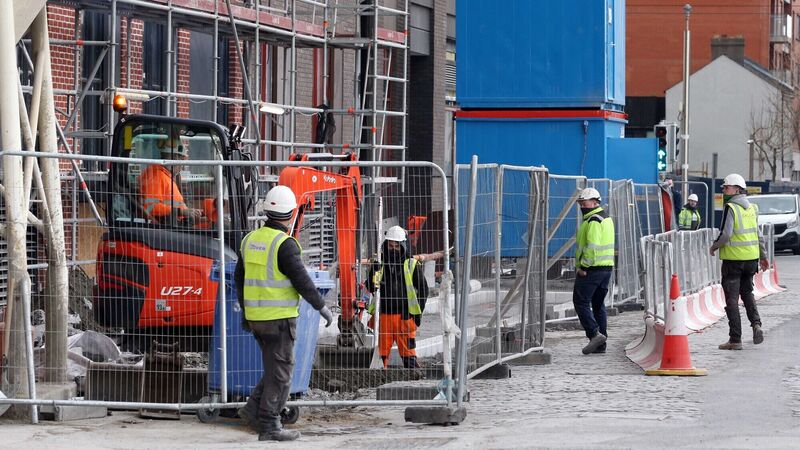Government urged to borrow €5bn a year to stop house prices spiralling

The ESRI says the State’s finances are robust enough to allow it to invest big in social housing. Picture: Sasko Lazarov/RollingNews.ie
The Government has been urged to borrow €5bn more each year to solve the housing crisis amid fears prices and rents will soar as the economy looks set to boom.
In its latest economic assessment, the ESRI says the State’s finances are robust enough to allow it to invest big in social housing.










